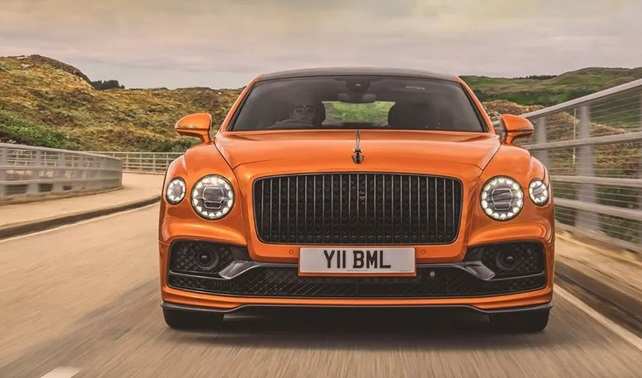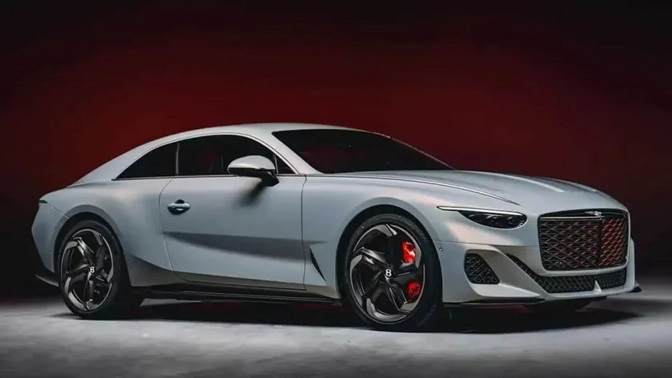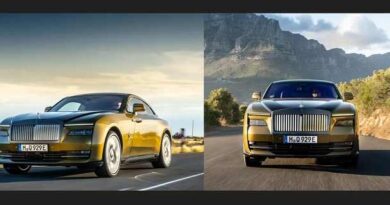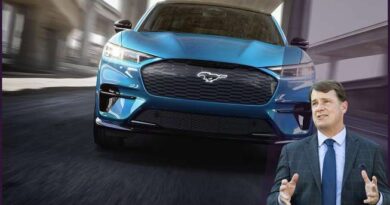Bentley delays its plans with electric cars again: its bet now is on plug-in hybrids.
Bentley delays its plans with electric cars again: its bet now is on plug-in hybrids.
One of the few companies left on the market that hasn’t yet embraced full electrification is Bentley. The British luxury brand has previously dabbled in plug-in hybrid technology, which is expected to become more popular in 2024—especially now that it has been confirmed that the timeline for the arrival of fully electric vehicles will extend even further.

Bentley planned to introduce the first electric vehicle in 2025 and then introduce a new model each year until 2030, at which point the company would switch to an entirely electric lineup. Due to the PPE platform’s negative effects on the VW Group, the first delays started to be verified a while back, with the start date set for 2026.
Porsche and Audi can attest to this, particularly in light of the existing software issues. Still, at least now, both companies can discuss the fact that the Q6 e-tron and electric Macan have already had formal presentations. For Bentley, though, there’s still work to be done: the company expects to achieve 100% electrified vehicles by the end of 2026 or early 2033.
Many brands have had to reevaluate their plans due to the slowing demand. Mercedes has been a prime example of this, and Bentley is now taking a similar approach: the goal is to place a wager on plug-in hybrid technology, at least initially. A next-generation plug-in hybrid electric vehicle (PHEV) with a V8 engine is being worked on by the British range, which currently offers models of this kind with V6 engines.

Although all signs point to the Bentley brand’s first fully electric car filling the void left by the Mulsanne in the highest class, it won’t be a straight replacement for the currently available model. Adrian Hallmark, the brand’s CEO, reaffirmed the company’s dedication to plug-in hybrid electric vehicles (PHEVs) and stated that they will not give up on their aspirations for total electrification, even if they take longer than expected. Naturally, this will facilitate the introduction of autonomous driving technologies that were not originally intended.
Electric replacements for the Continental GT and GTC, Flying Spur, and Bentayga will be available, although they will take longer to arrive. By the end of this year, the former is also anticipated to integrate the new high-performance PHEV mechanical with the V8 engine. The V6 plug-in variants will remain available, but the W12 and normal V8 will eventually go out of style, except the Bentayga, which will survive slightly longer until 2026.
“They are a credible transition technology that effectively reduces CO2 emissions, ideal to start the journey towards electrification for those people who cannot afford an electric vehicle or cannot live with the usage pattern they are forced to use,” according to him. Remarkable in declarations gathered in Autocar.
The Crewe facility, where the infrastructure is already starting to be modified and enlarged, will no longer produce the Bentley electric vehicles. In contrast to Rolls-Royce, the brand’s fiercest rival, these will, according to the company, feature a distinctly unique look that honors the brand’s legacy. The Mulliner Batur, which debuted in 2022, was intended to improve the design language of upcoming electric vehicles.
Naturally, the vehicle needs to stand out from afar if you want people to identify the new all-electric Bentley as such. “If it merely resembles a conventional car, we will have failed,” stated Bentley’s design head, Robin Page.
Source- Autocar
Related Post



